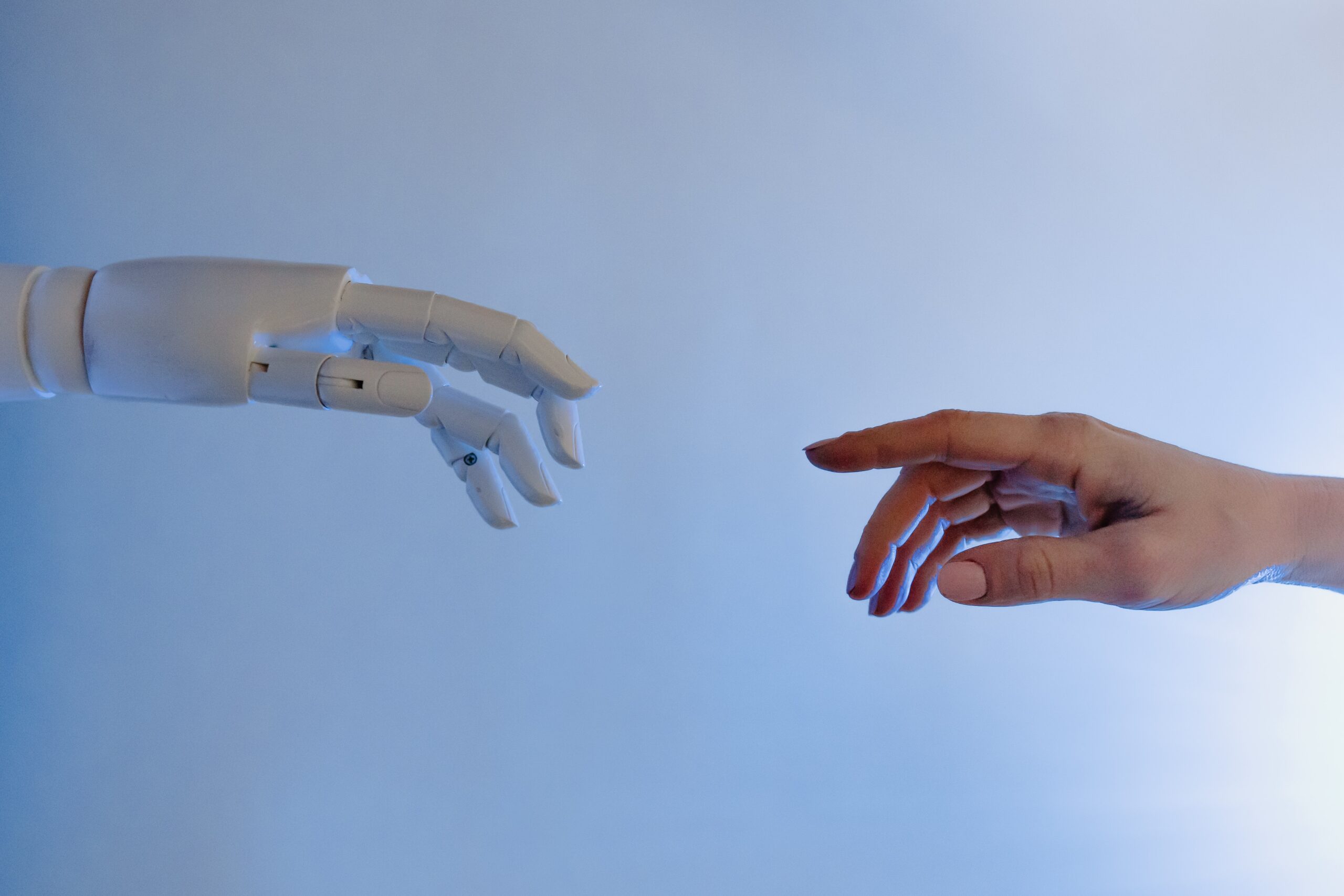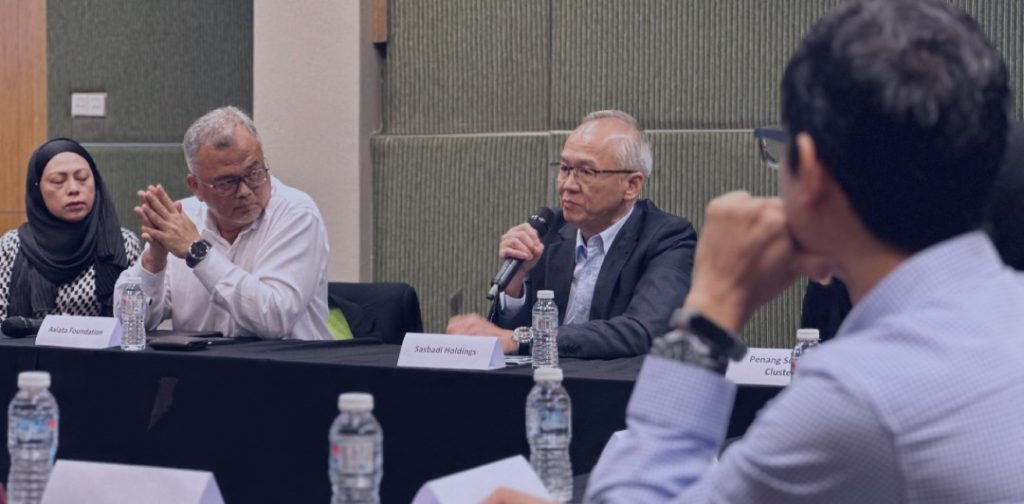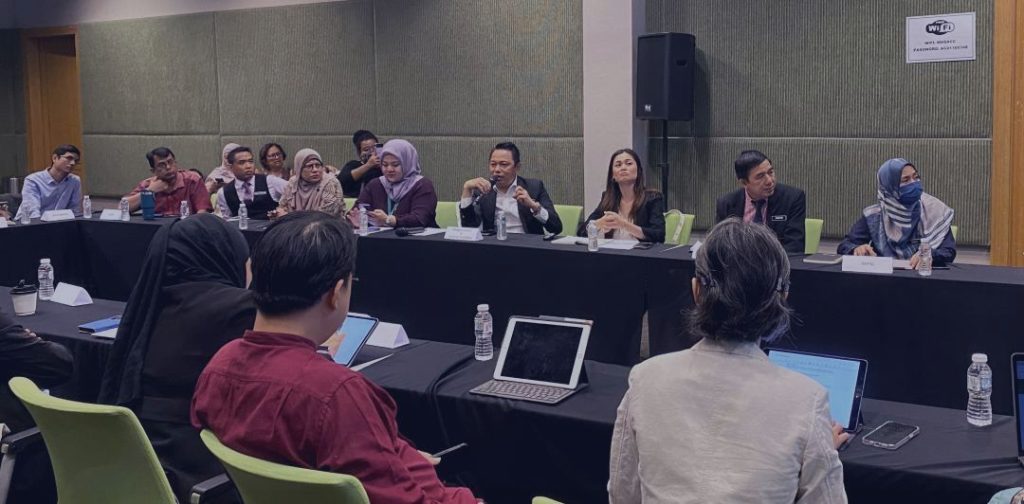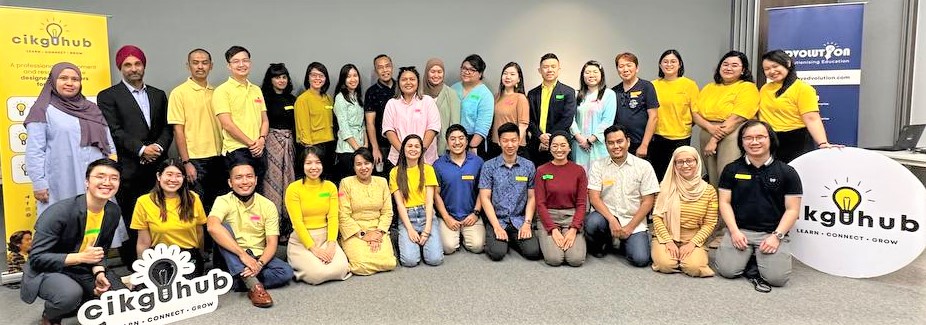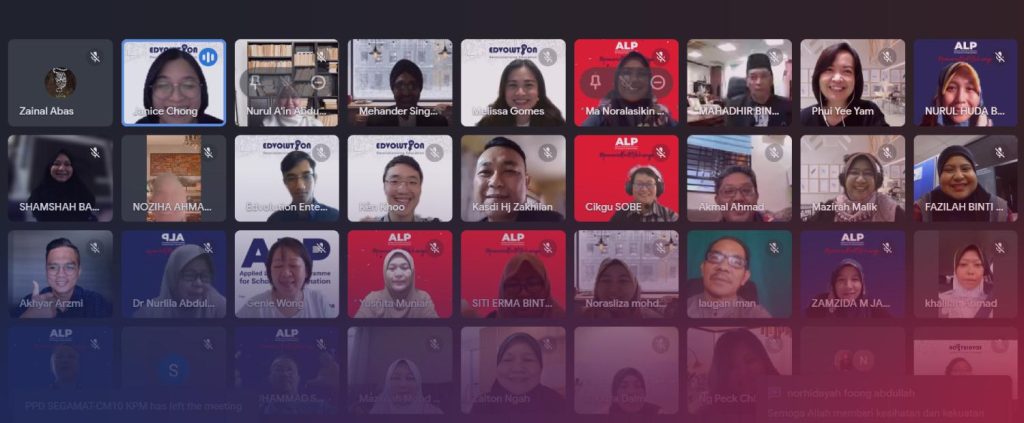By Melissa Tanya Gomes
8 July 2022
The World Economic Forum Future of Jobs report predicts machines will do 42% of all labour (by hours) by 2022 and more than half of it by 2025. If this economic change includes teachers, how can we make their roles indispensable to students?
1. Teach things that machines cannot teach
Teachers are known to be the catalyst of bringing new knowledge into the classroom. However, in this present knowledge world, teachers are not the only participants in sharing knowledge; students now share equal partnership with them in discharging that responsibility. Therefore, teachers must now shift their roles from teaching to facilitating, coaching and mentoring. Subjects like Art, Music, Sports, Mental Health and Global Citizenship should be mandatory in all schools as they impart values and independent thinking that machines fail to perform. During the tenure of then Minister of Education, YB Maszlee Malik, streaming into Arts and Science in Form 4 was scrapped and replaced with STREAM (Science, Technology, Reading, Arts, Music) education. This new educational approach intends to prepare our kids for the future.
2. Train teachers in Social Emotional Learning (SEL)
In a classroom observation of 353 teachers conducted by a district education office, nearly half of teachers were unprepared to manage emotions in the classroom. The lesson observation found that only a handful of teachers were attentive to students’ needs. For example, teachers gave limited praise for good behaviour or active participation. Besides that, teachers rarely provide acknowledgement of students’ work and responses in the classroom.
The findings above are consistent with an observation conducted by the Higher Education Leadership Academy (AKEPT). In the study, only 12% of lessons were delivered at a high standard in 2011. These findings potentially stem from Malaysia’s teacher training that does not include SEL as part of the training framework. The effects are extrapolated when in-service teachers do not receive enough training in this field through professional development opportunities.
In Malaysia, the national awareness of the value of social and emotional learning is in the early stages. Conversations with state, district leaders and school principals suggest that most teachers are left to intervene on their own but without the appropriate resources to do so.
3. Partnerships in professional development
Teachers prepare our kids for the future workforce. However, teachers may be unaware of the skills and competencies needed by our younger generation to thrive in this knowledge era. In a survey conducted by Adobeeducate, 50% of Malaysia GenZ students aged 11–17 years old see themselves as ambitious and curious and feel that they are more creative than past generations. They are also passionate about making things better and smarter.
Technology is native to these students. However, teachers faced challenges using digital technology in the classrooms. In Malaysia, senior teachers (aged 50–60 years old) who account for approximately 42% of the teacher population in secondary schools often find difficulty connecting with students and are most known to be traditional in their teaching strategies. While the remaining teachers are agile to adopt technology in their teaching pedagogies, how can we narrow the gap between these groups?
Partnerships to develop a continuum of support for teachers should not be limited to the teaching profession or academic organizations, but also involve representatives of other professions, industries, and civil society. As teachers are knowledge workers, this kind of partnership allows teachers to keep abreast with the latest trends in the workforce. As a result, this intrinsically promotes motivation to innovate their teaching.
In conclusion
While the teaching profession is at risk of losing its essence to technology, one cannot deny that machines cannot provide the humane touch a teacher can give. Who can forget the teacher who hugged her student when she lost in a competition; a teacher who went his way to adopt a student who lost his family; or when a teacher treated a class of 35 students to McDonald’s after passing their English paper? Never in a million times, technology will be able to replicate those feelings. Only a teacher can.
Melissa Tanya Gomes is the Co-Founder and CEO of Edvolution Enterprise. She has more than 10 years of experience in management consulting and education. She co-founded a school improvement initiative for which she was awarded the Excellence Service Award by the Ministry of Education Malaysia in 2018.

